Most animals are content with finding a slightly softer and more sheltered space to sleep for the night, but there also wild animals out there that demand nothing but the finest accommodations. These 13 animals are some of the best architects that the animal kingdom has to offer.
Home building is probably the closest that many animals will come to tool use, in the sense that we think of it. It seems that the jury is still out on whether or not nest (or dam, in the beaver‘s case) building can be considered to be tool use – these animals do carry sticks, twigs and leaves for intentional future use, but they don’t “use” them on other things the way a chimpanzee uses a stick to hunt termites.
If you like these photos, you will love Animal Architecture by Ingo Arndt, which is an extensive collection of images of structures created by animals.
More info: ingoarndt.com | Amazon (h/t: inhabitat)
Sociable Weaver
Image credits: Mike Soroczynski
Image credits: TyneWear-Rob
Image credits: Linda De Volder
Image credits: Dillon Marsh
The sociable weaver, native to South Africa, Namibia and Botswana, weaves huge communal nests that can hosts hundreds of birds across multiple generations. These nests, woven from sticks and grass, are permanent. The deeper inner chambers maintain a higher temperature at night, allowing the birds to stay warm. (Image credits: Denis Roschlau)
Vogelkop Bowerbird
Image credits: thewildernessalternative.com
Image credits: thewildernessalternative.com
Image credits: cannedyams.wordpress.com
The male Vogelkop bowerbird creates bowers, or small huts, out of grass and sticks to attract females to mate with. The consummate interior designers of the animal world, these birds arrange berries, beetles, flowers and other colorful and eye-catching ornaments into artistic arrangements to attract their mates. Ironically, the females do not actually use these bowers to raise their young. (Image credits: thewildernessalternative.com)
Compass Termite
Image credits: dabendansbookshelf.wordpress.com
The compass termite builds large wedge-shaped mounds for nests. These wedges are roughly oriented in a north-south orientation, which gives them their name. It is believed that this shape helps their mounds stay thermoregulated. (Image credits: Travel NT)
Honeybees
Image credits: Bigstock
Honeybees’ entire lives revolve around their nests. It is in these nests, which they construct out of secreted wax, that they process their food and raise their young. (Image credits: Damian Biniek)
Red Ovenbird
Image credits: merlinsilk.com
The red ovenbird builds its nest out of clay and mud. These strong nests help prevent predation and, once abandoned, can provide other birds with a relatively secure place to live. (Image credits: Eric Henrique)
Baya Weaver
Image credits: Ramnath Bhat
Image credits: Farhan Younus
Baya weavers often build their elegant hanging woven nests in thorny palm and acacia trees or above bodies of water, where predators may have difficulty reaching them. The nests can often be found in colonies, although isolated ones do exist as well. (Image credits: subroto)
Wasp
Image credits: Antoinette
The majority of wasps actually do not actually build nests, preferring solitary or even parasitic arrangements. Social wasps, on the other hand, build elegant paper nests out of plant pulp, spit, resin and other materials. These consist of internal paper honeycomb tiers (similar to a honey bee’s comb in appearance but not material) surrounded by a paper wrapping. (Image credits: crabcaked)
Montezuma Oropendola
Image credits: Andrew Block
The Montezuma oropendola weaves its nests out of small vines and grass. They usually live in colonies of roughly 30 birds, which include a dominant male that mates with the females. (Image credits: Simon Valdez)
Swallow
Image credits: Saurav Pandey
Image credits: thetransientbiologist.wordpress.com
Swallows build nests out of various materials, and some don’t even build any at all, choosing instead to nest in found or abandoned cavities. Certain species of swallow, however, create their nests primarily out of their own saliva. These nests are edible, and are considered a delicacy by some. (Image credits: Sabyasachi Kolkata)
Caddisfly
Image credits: heatherkh
When it’s time for the caddisfly to pupate, it spins a tough cocoon out of pebbles, sand, shells, and other lake- and river-bed detritus. It weaves these elements together with strands of its own silk to safely grow to adulthood. (Image credits: Jan Hamrsky)
“Animal Architecture” by Ingo Arndt is available on Amazon.
Explore more of these tags
I think I've seen an artist that provided the caddisflies with gems that they built with. It was really beautiful!
Load More Replies...I think I've seen an artist that provided the caddisflies with gems that they built with. It was really beautiful!
Load More Replies...
 Dark Mode
Dark Mode 

 No fees, cancel anytime
No fees, cancel anytime 


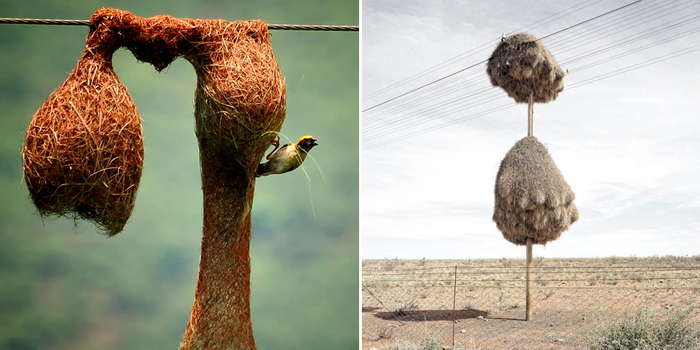
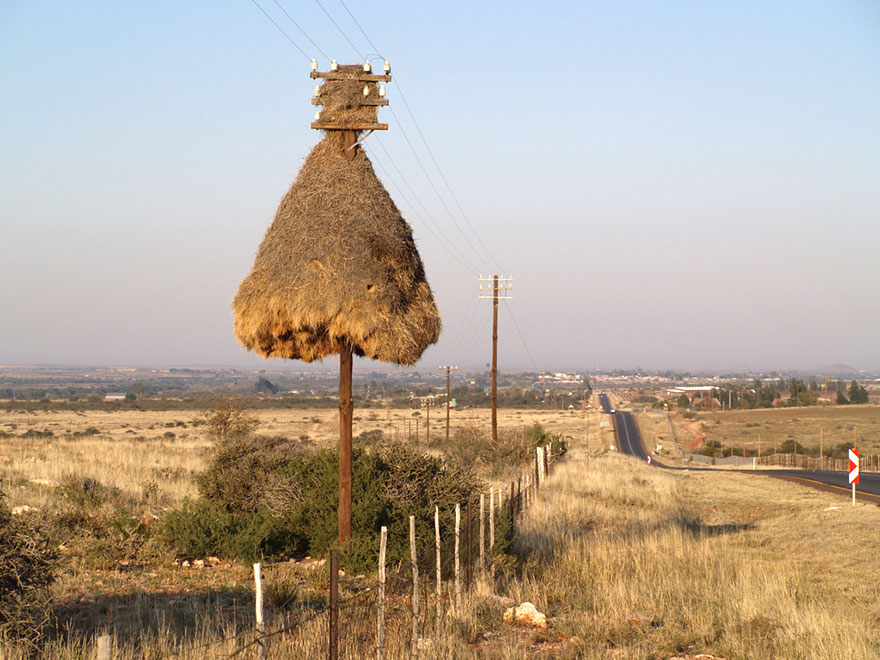
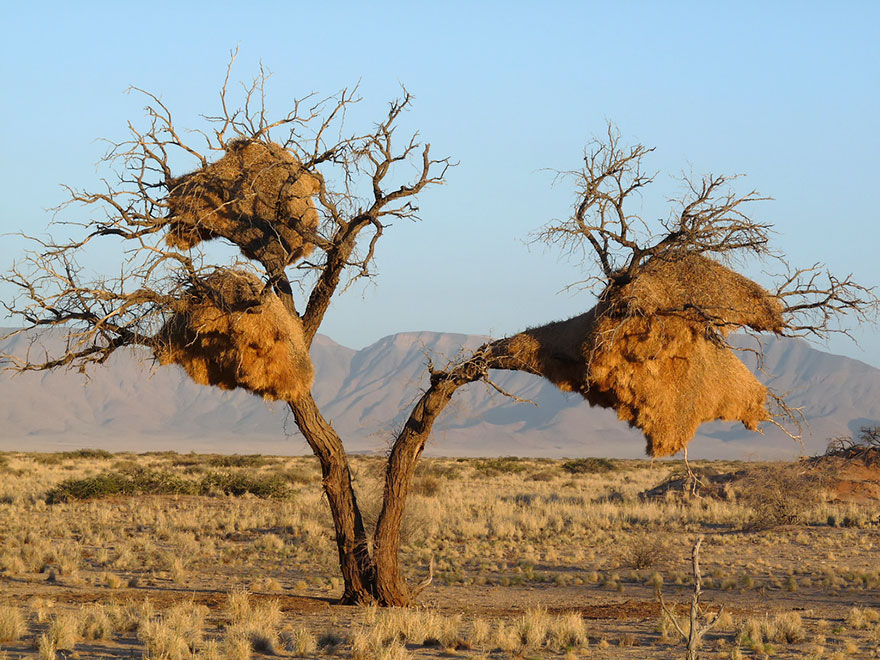
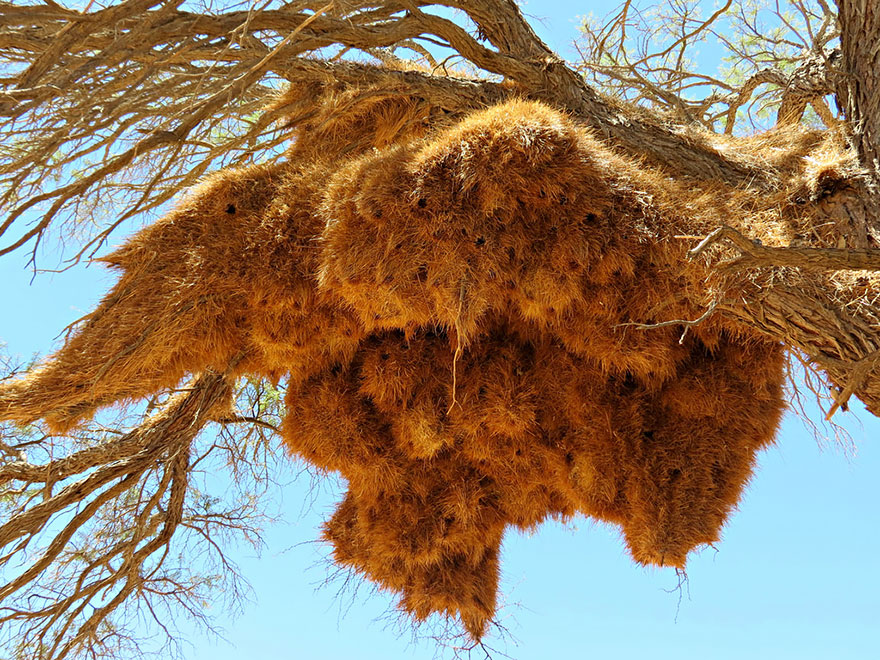
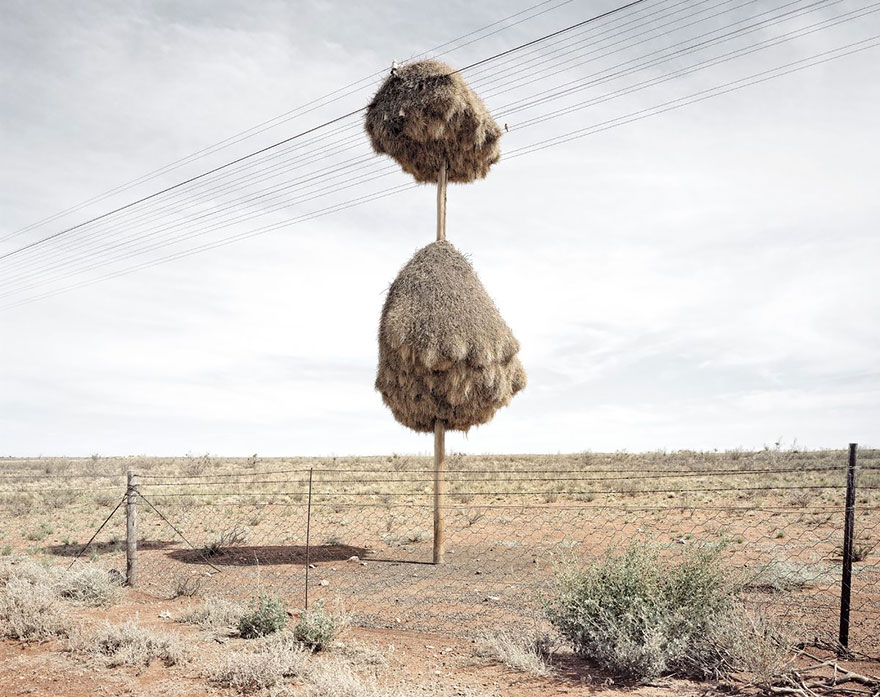
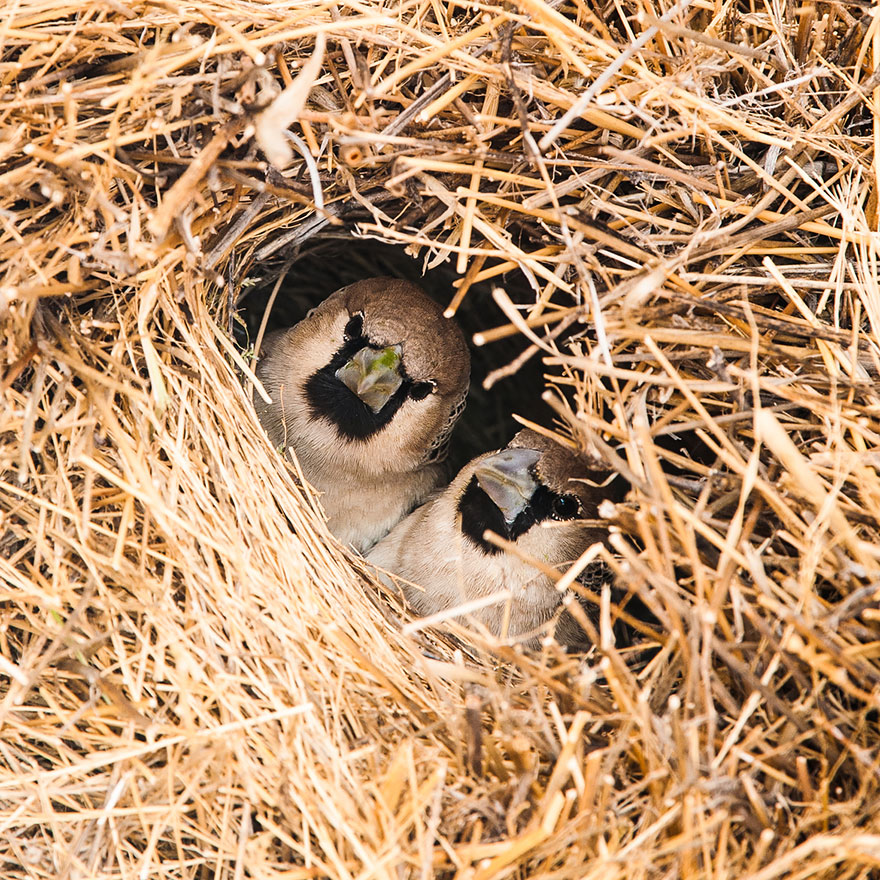
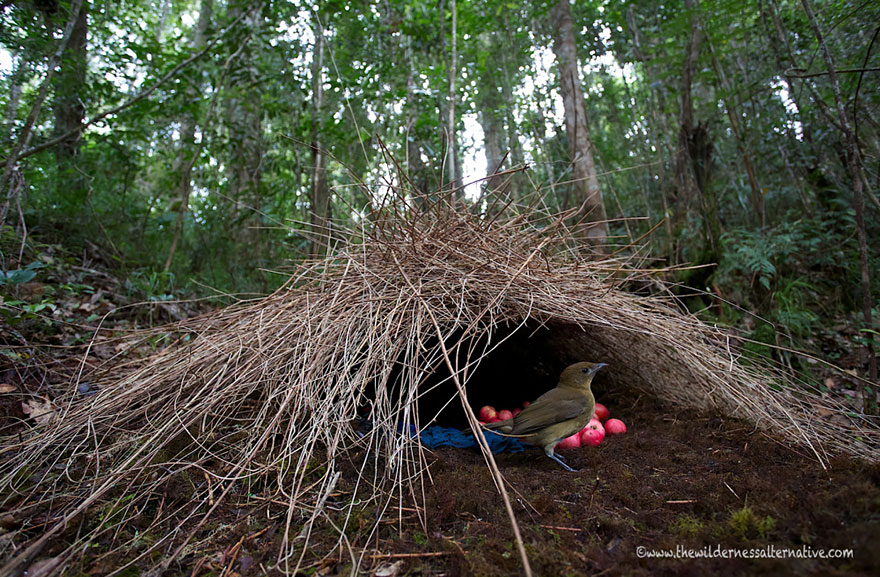
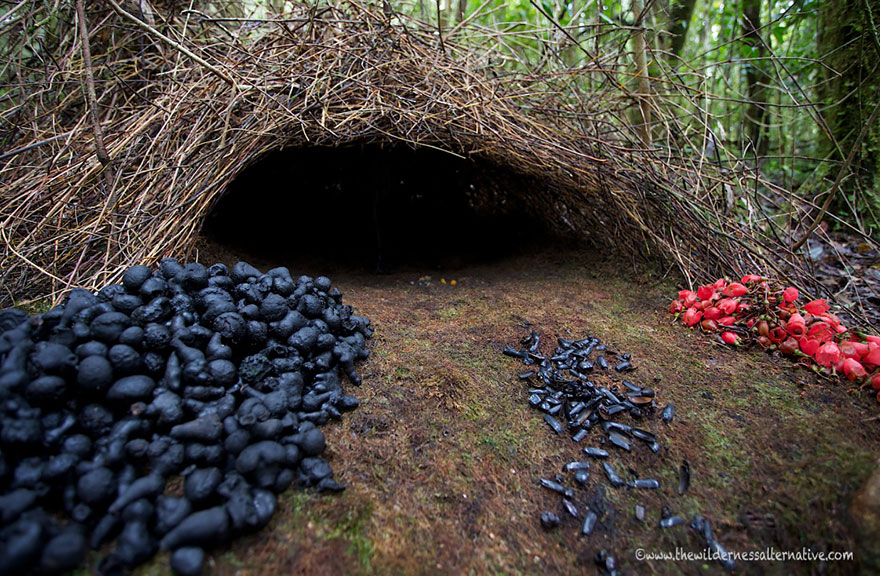
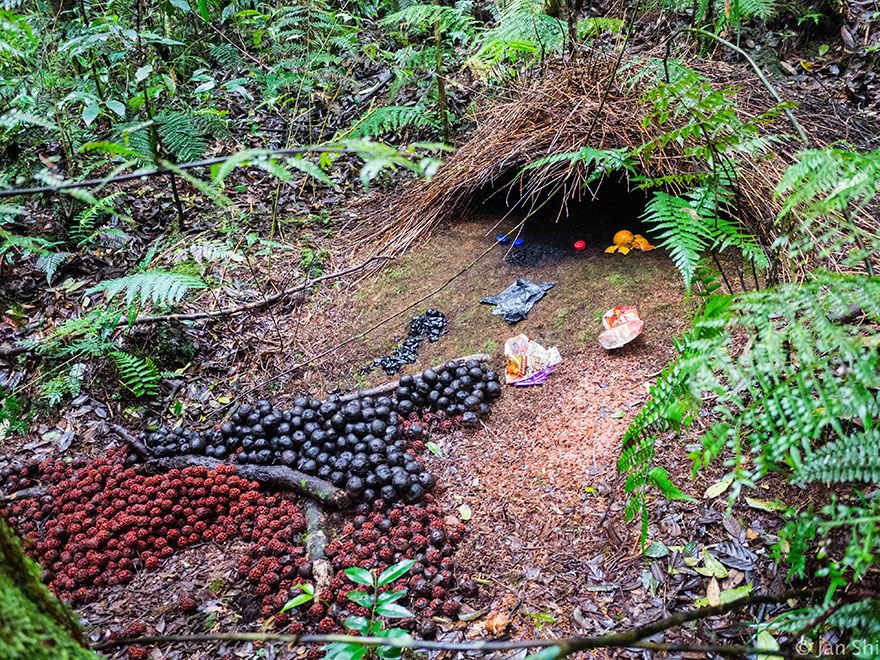
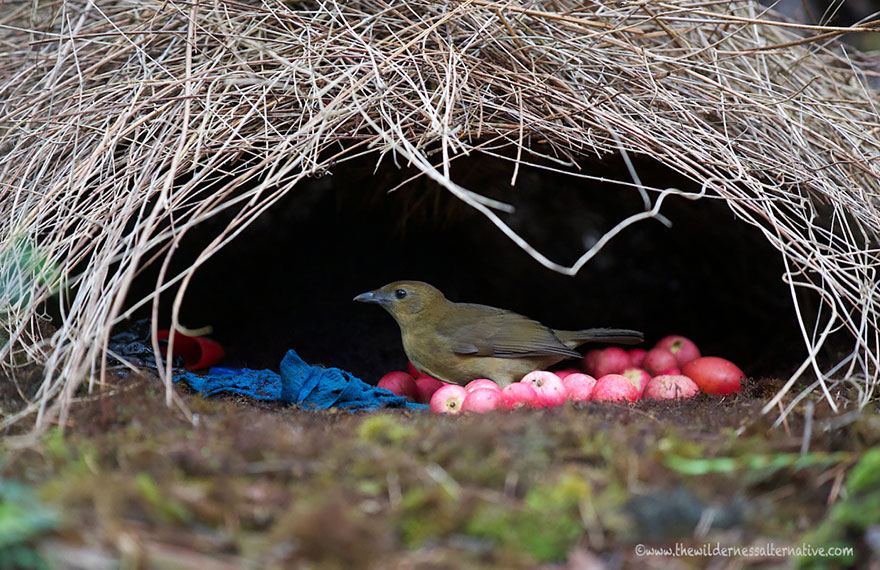
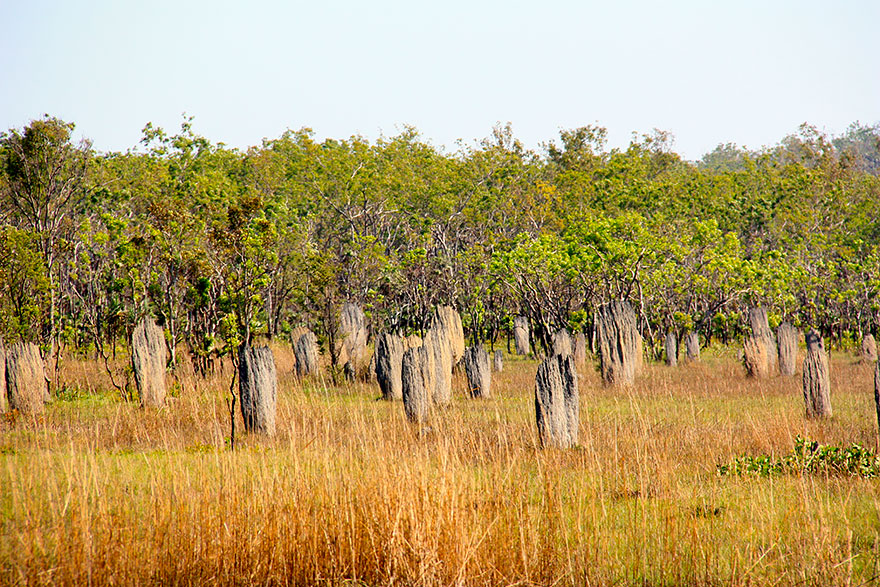
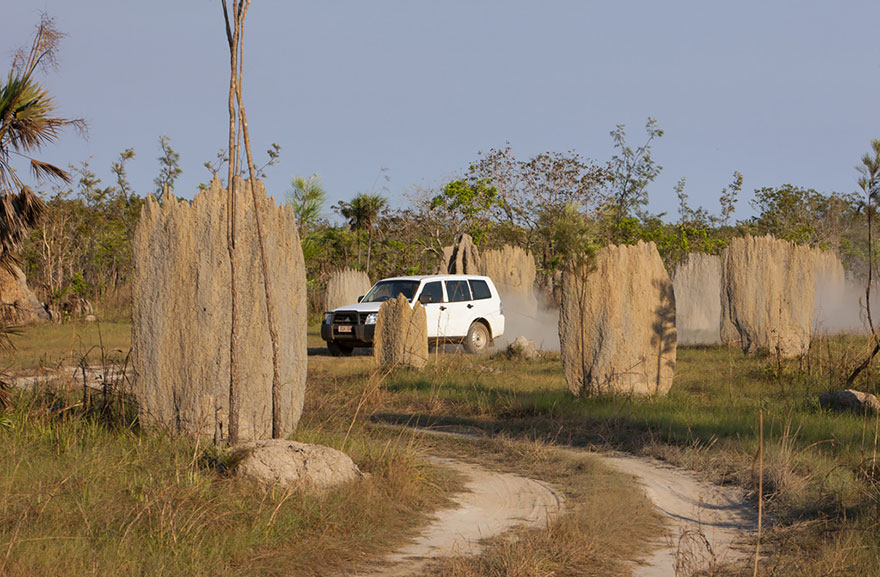
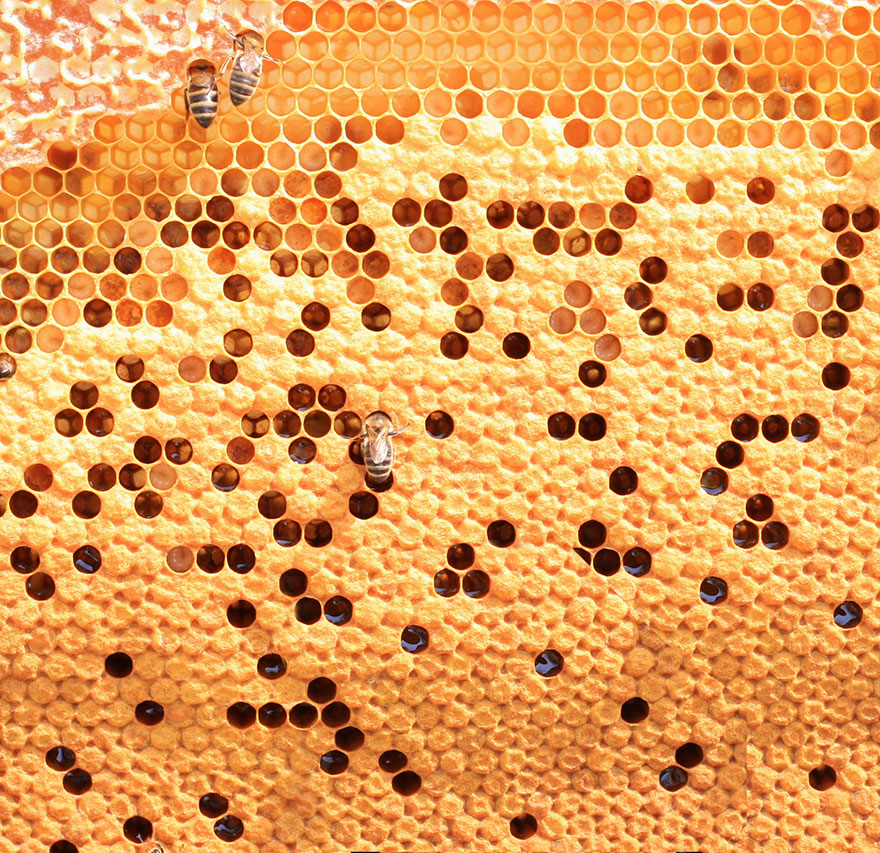
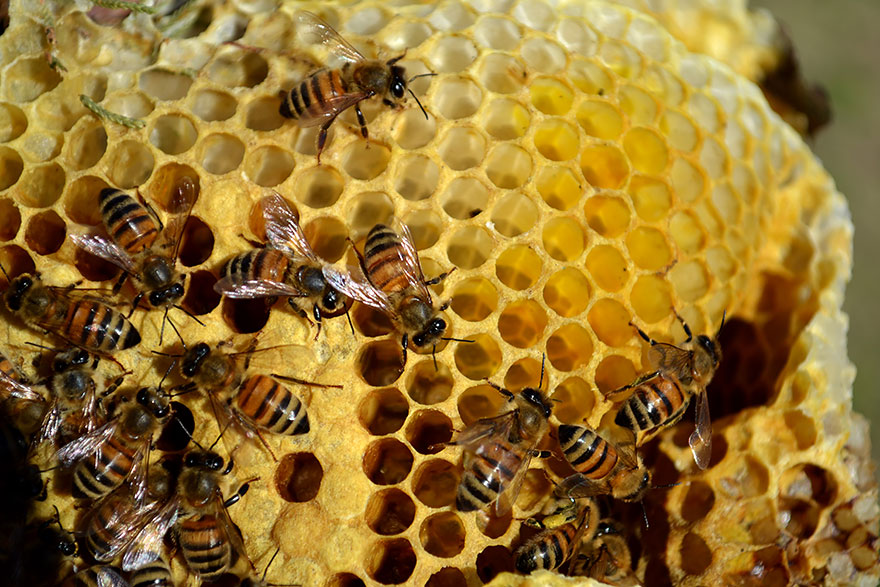
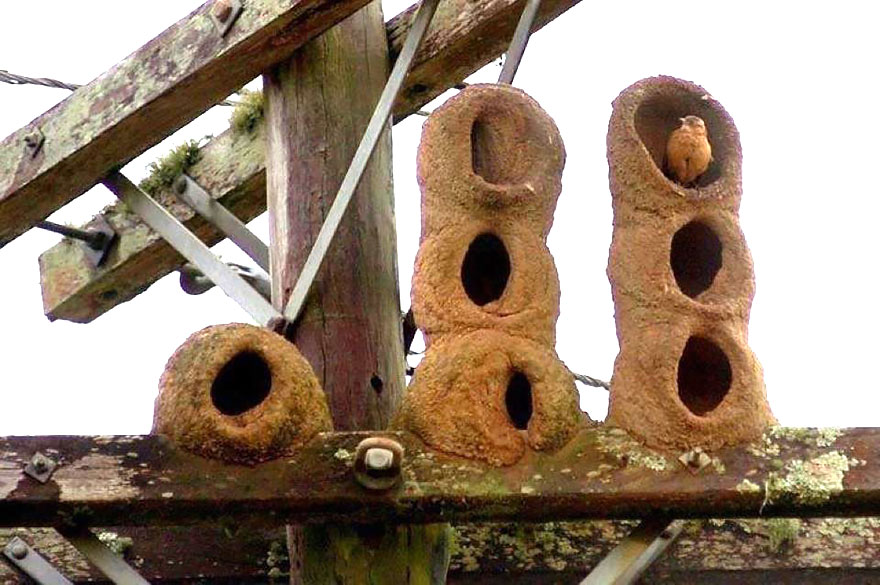
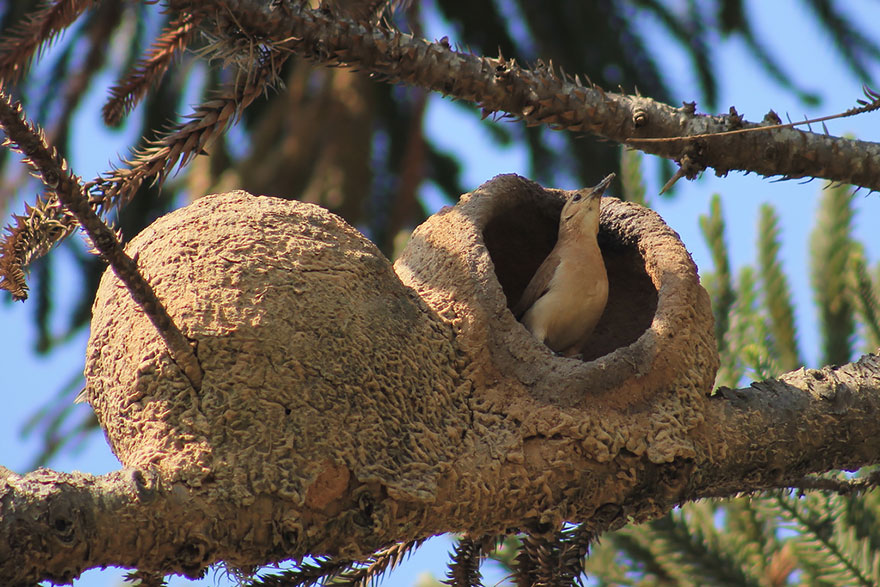
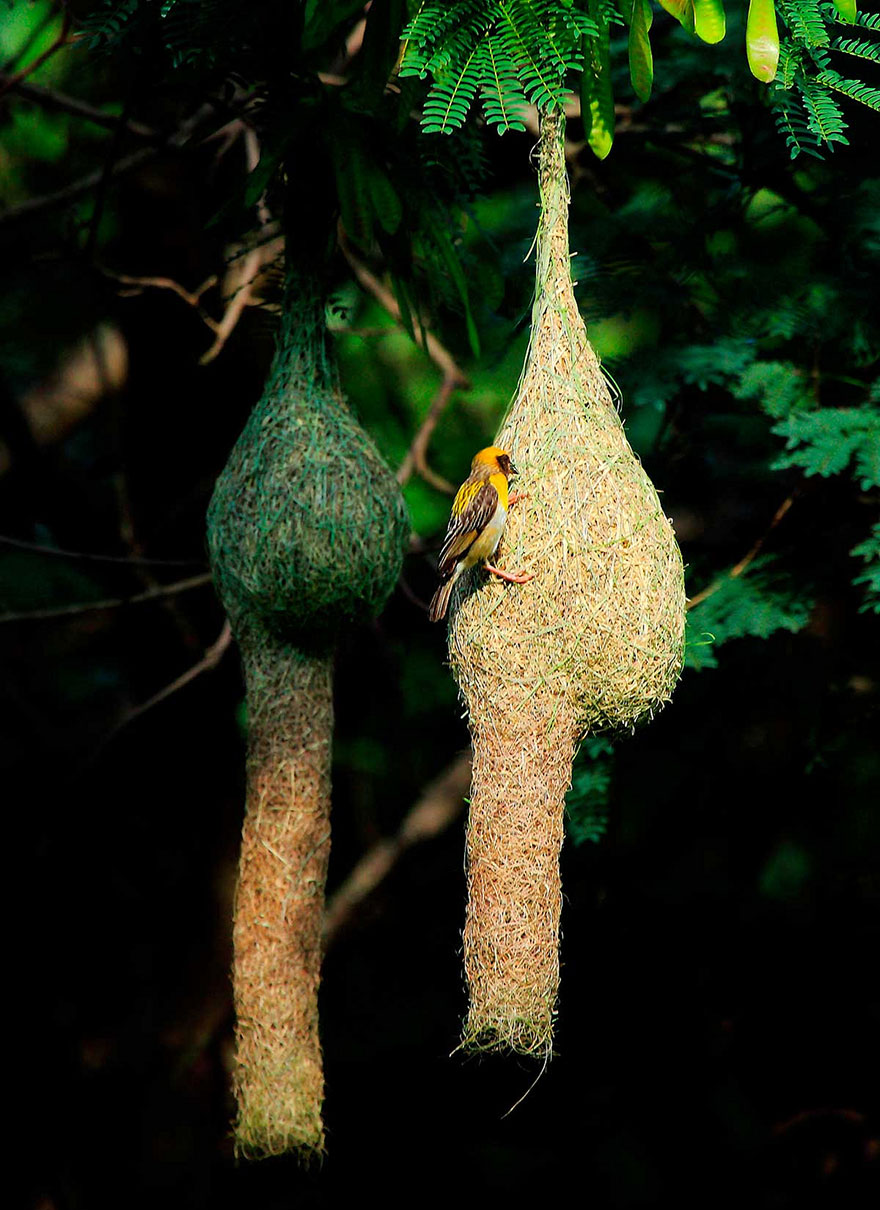
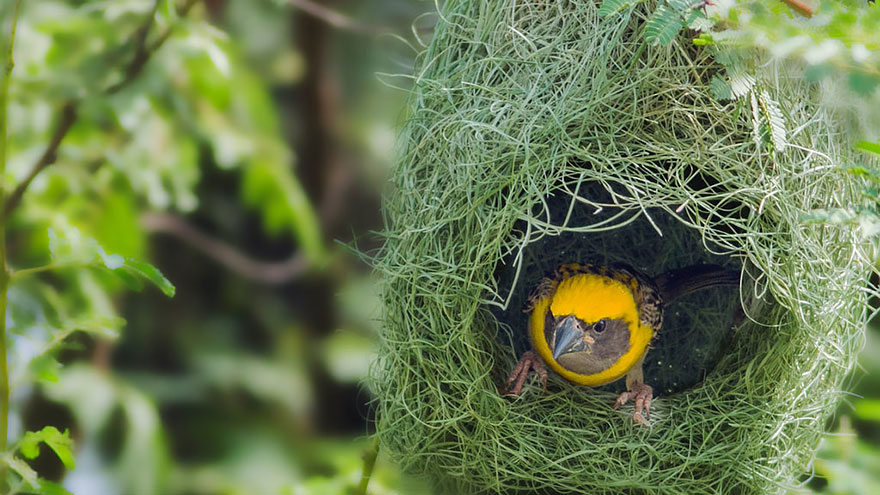
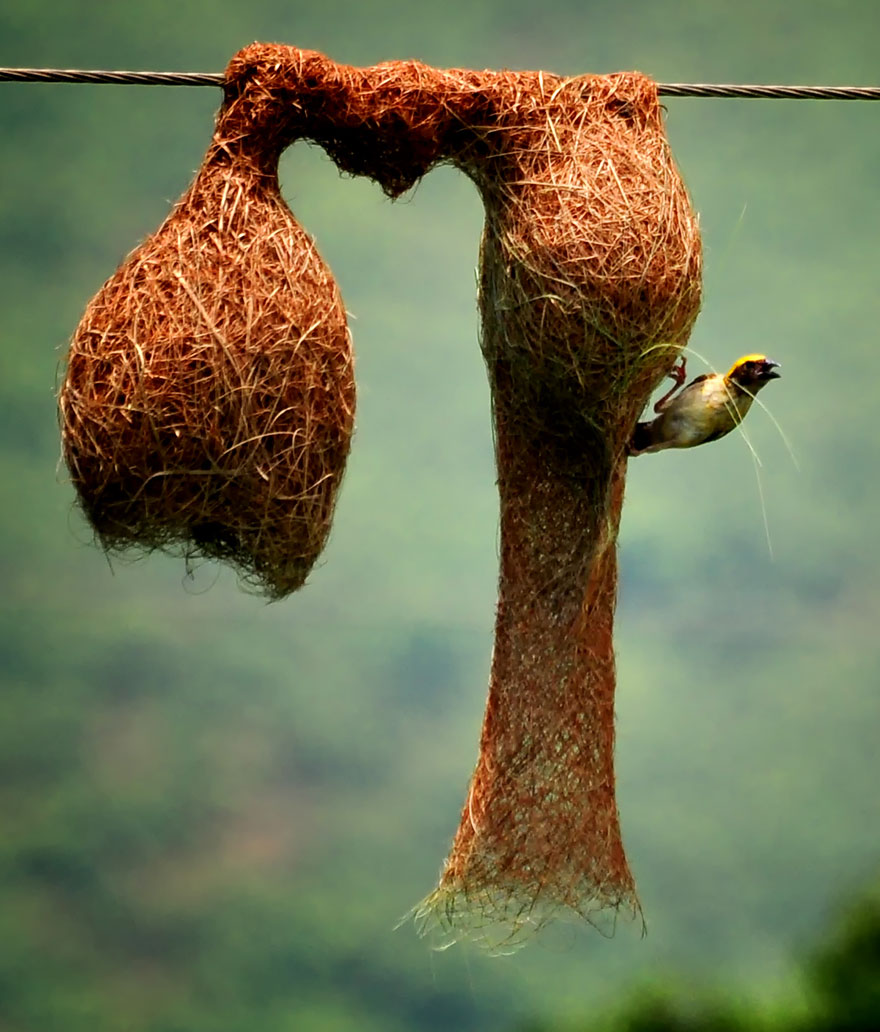
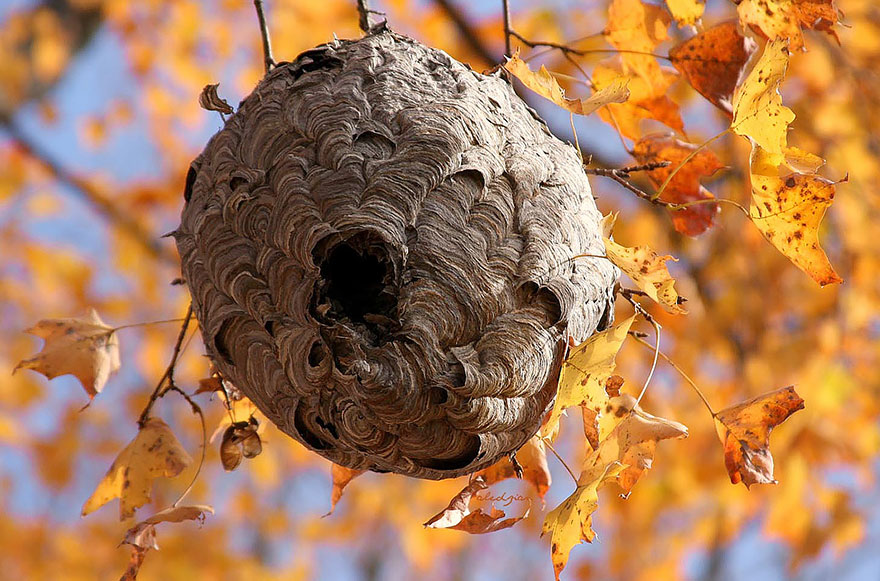
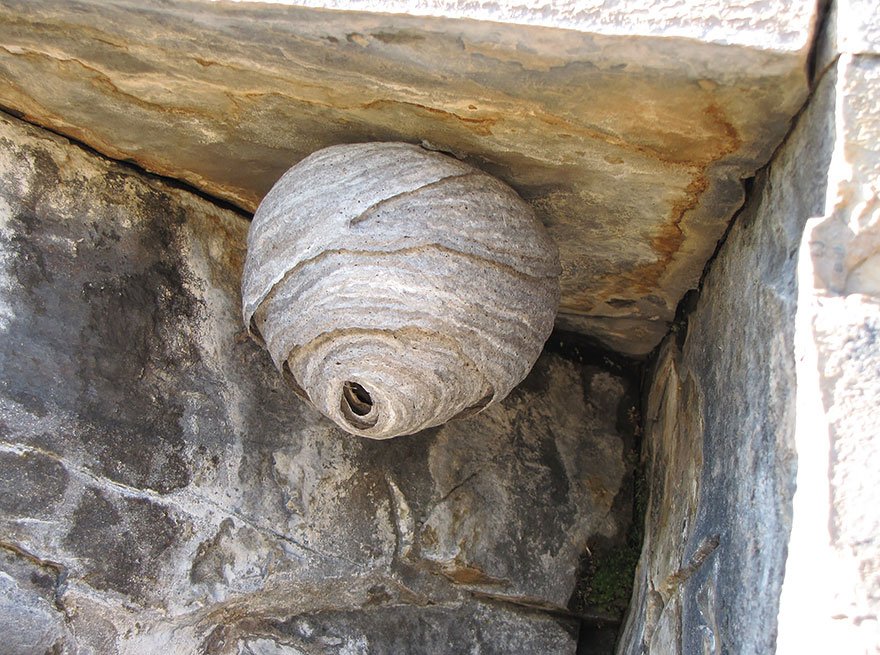
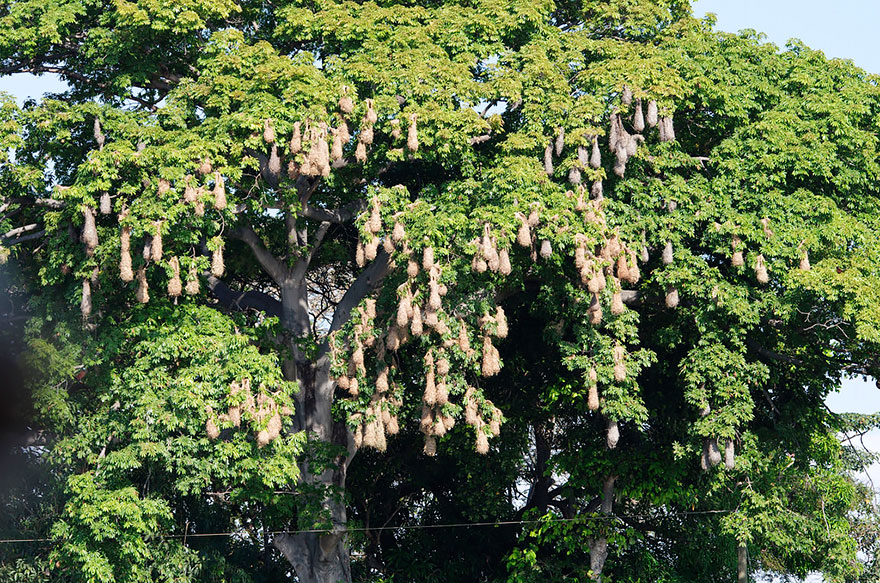
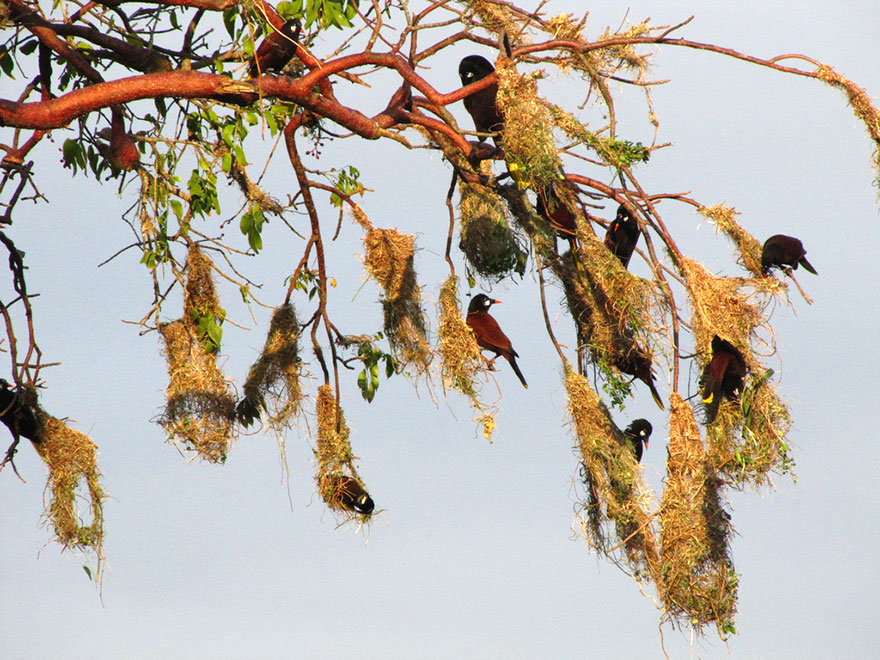
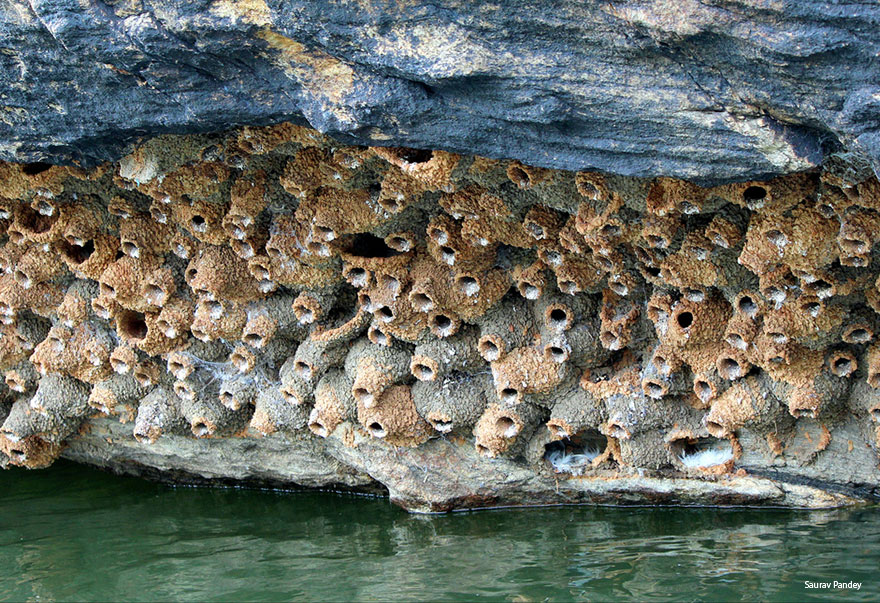
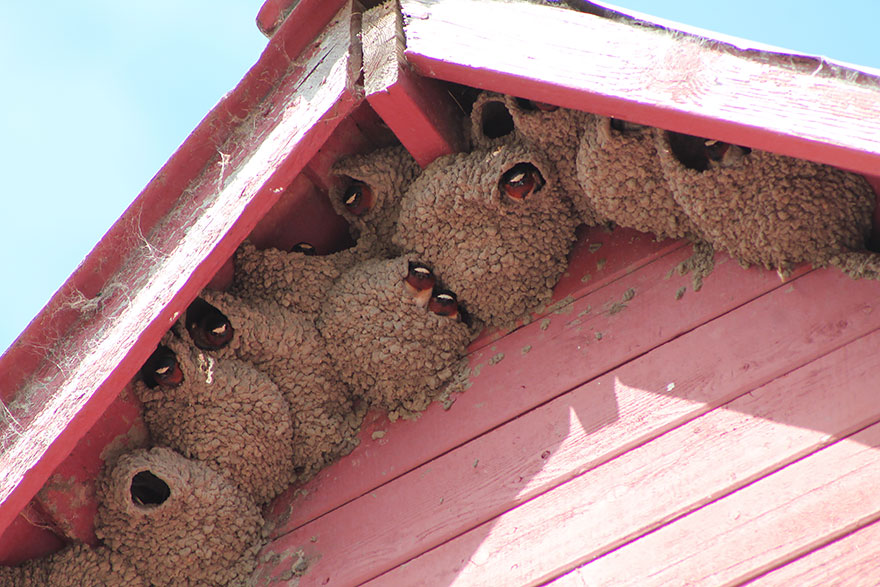
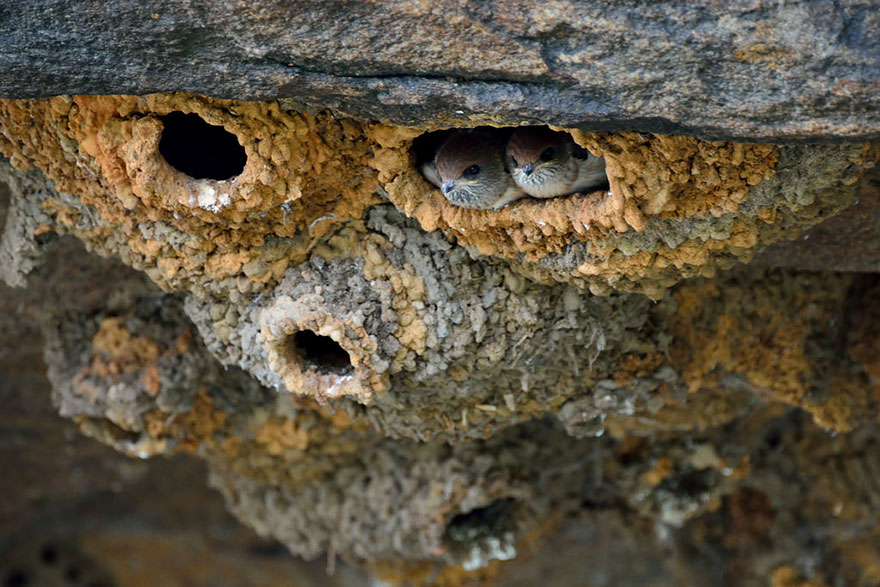
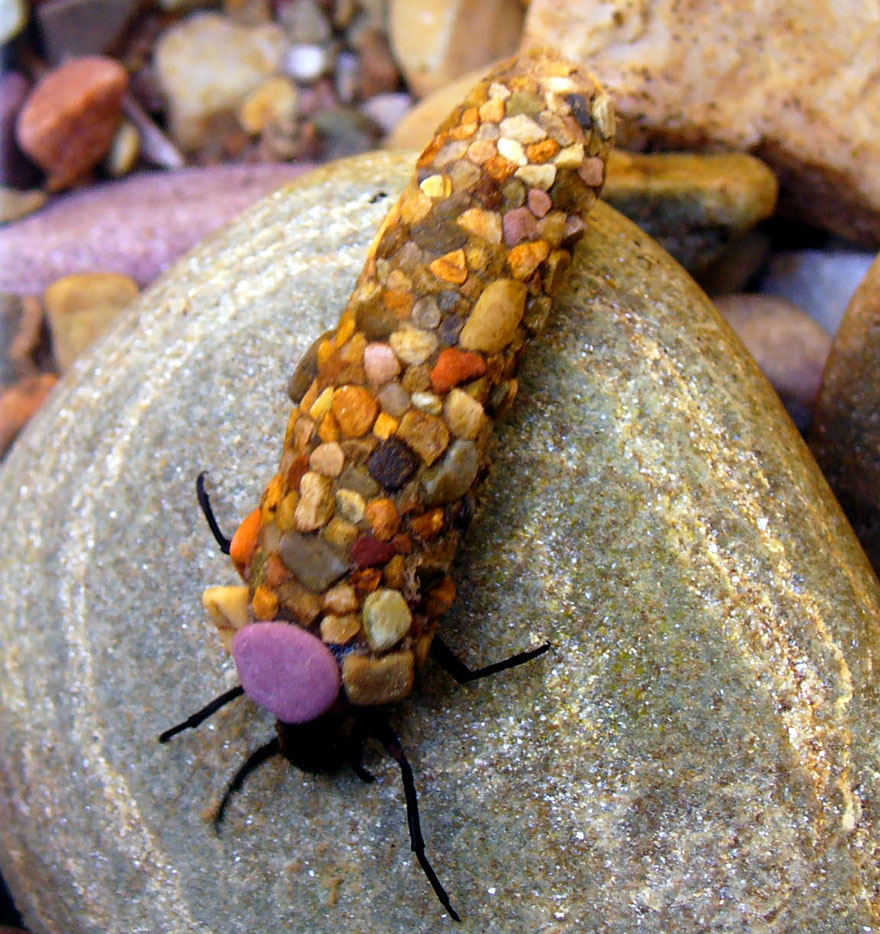
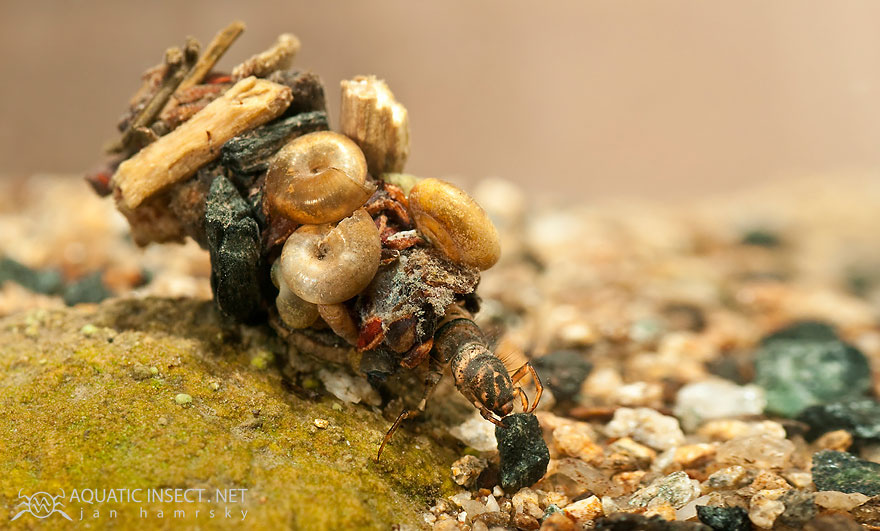
































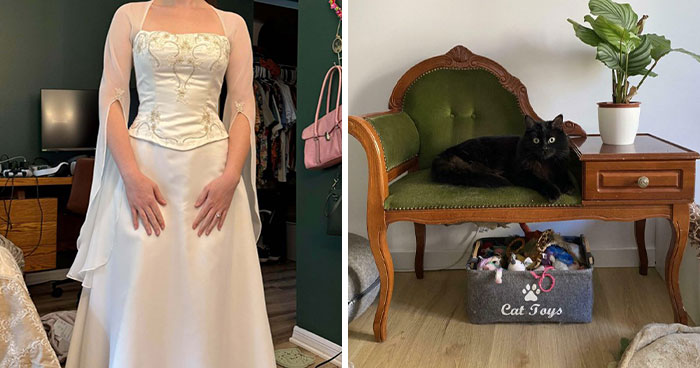










118
170